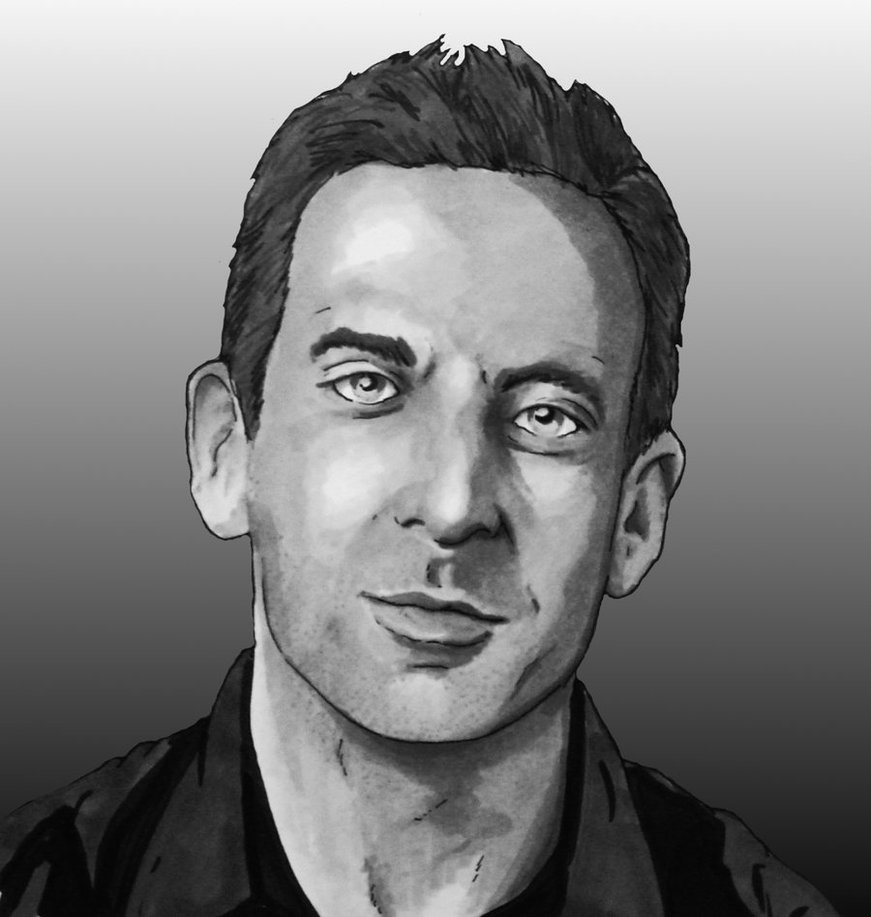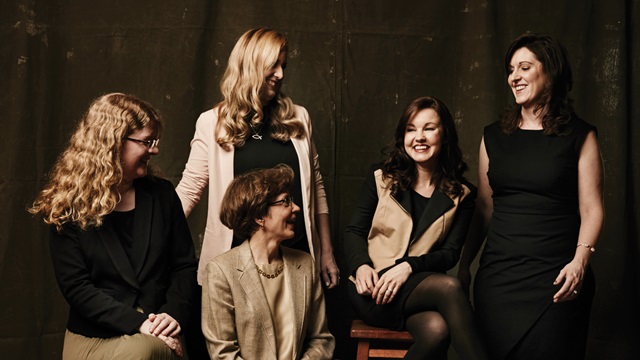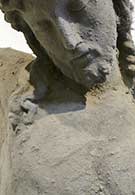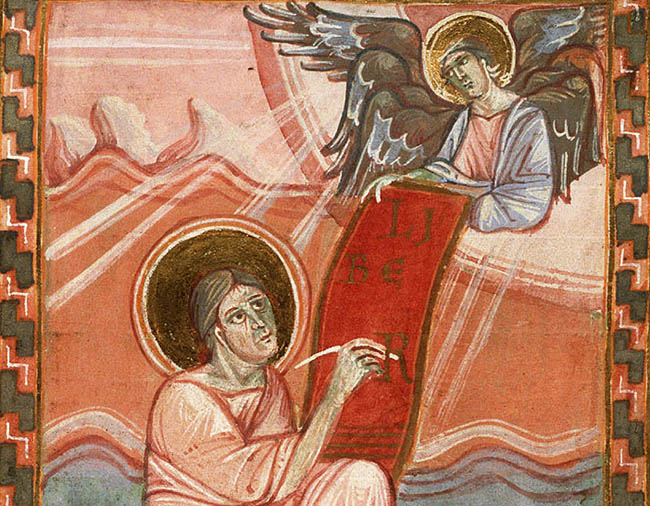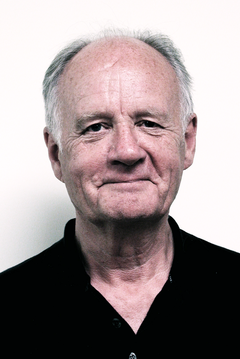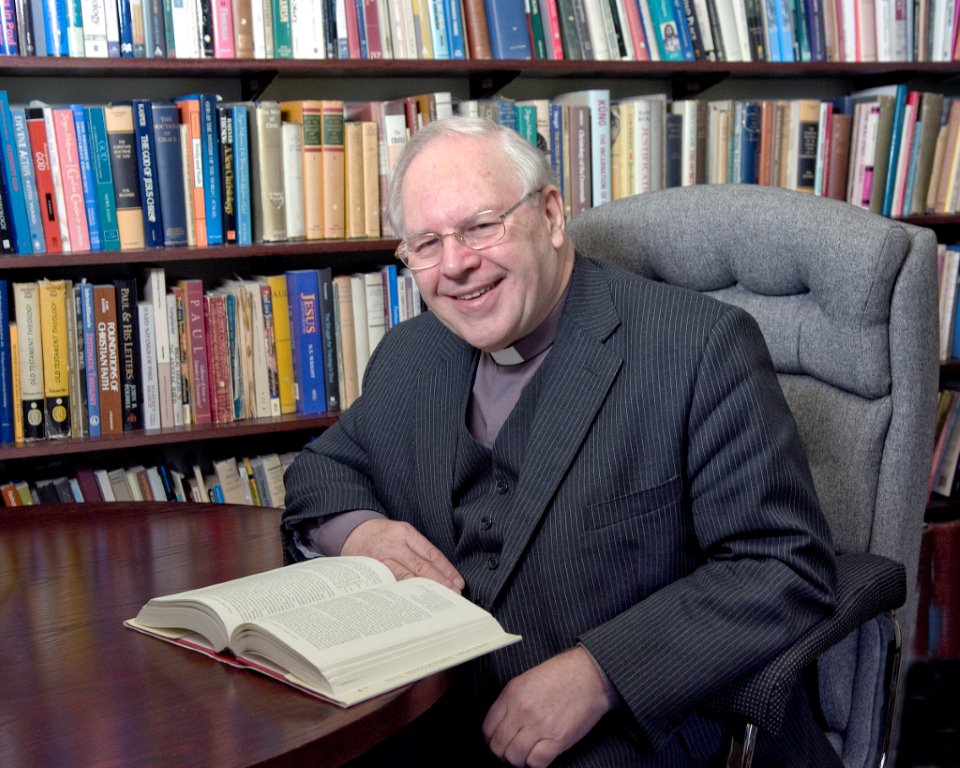The other day one of our students posted this on the student Facebook page:
Good quote from Keller: “God acts through his words, the Word is “alive and active” (Heb 4:12) and therefore the way to have God dynamically active in our lives is through the Bible. To understand the Scripture is not simply to get information about God. If attended to with trust and faith, the Bible is the way to actually hear God speaking and also to meet God himself.” (Timothy Keller, Prayer p 54)
Another student responded:
On what grounds do you claim that ‘word of God’ in Heb 4 refers to the Bible? … I don’t think that the writer of Hebrews can possibly be talking about the Bible. I have to say that I don’t know what it means to say that the Bible is alive and active. However I do believe that God is alive and active and that he speaks through the Bible.
I found this a very interesting question. Hebrews 1:1 sets the theme of the whole book: God has spoken in many ways, and has now done so decisively through his Son. Yet Hebrews 2:11-13 says that Jesus (implied subject) speaks – and then cites Psalms and Isaiah as Jesus’ words. Psalm 95 is counted as “it is said,” the Holy Spirit said, God said, David said (3:7; 3:15; 4:3; 4:7). All the way through the “it” that speaks seems to refer to the Bible. Jesus’ word is then cited as biblical texts. “God said” is applied to biblical texts. “The Holy Spirit said” again references a biblical text. Over and over the writer of Hebrews cites biblical texts as authoritative and in a number of places attributes it to God. So when we get to 4:12-13, it seems we must do two things:
(a) Read it in the light of this overarching theme or practice in the book, especially deriving from 1:1; and
(b) recognise that verse 13 then personifies the “word of God” – nothing is hidden from his sight.
Yes, 4:12-13 are a difficult text. No, it couldn’t mean the Bible as we have it today – it was not in existence at that time. But it is not beyond imagining that the author has the Old Testament scriptures – the Hebrew Bible – in mind when he uses the phrase, but the Hebrew Bible finding its goal, completion, climax in Jesus, and indeed being seen as the message of Jesus. It would be an interesting study in Hebrews to check every time it references a biblical text, the words “Word”, “says”, “message”, and any other term which signifies speech, proclamation, etc.
This is an outstanding example of theological interpretation and a christological reading of the Old Testament, already in the New Testament period, and an indication that historical-literary approaches, so dominant today (and not without good methodological warrant) are not the only way to read Scripture, and perhaps not the most “biblical” way to read Scripture. People in the Bible didn’t read the Bible the way we often insist on reading the Bible!
The second student continued the dialogue:
Right. As I understand it, the phrase “word of God” means a message from God. God spoke, “the word of God came to John, son of Zechariah, in the wilderness”. Michael – my understanding is that NT writers referring to the OT usually use phrases like “the law and the prophets” or “scripture” or “writings”. Is there another instance of an NT writer using this phrase to mean the OT?
Perhaps there are several. In Acts 17 Paul goes to Thessalonica and reasons with them “from the Scriptures” (v. 2). Verse 11 speaks of those, then, in Berea who “received the word” searching “the Scriptures” to affirm the proclamation. Then verse 13 says that the Thessalonians heard that “the word of God had been proclaimed in Berea also.” This narrative text appears to link your phrase directly with the Scriptures – the Hebrew Bible. Finally in 1 Thessalonians 2:13, Paul reflects on this experience and again says that his proclamation – “from the Scriptures” – was the word of God. (See also Paul’s proclamation in Acts 13:13-49 which includes the biblical narrative generally, specific biblical texts, the Jesus story – and which all is called “the word of God.”)
2 Timothy 3:14 – 4:2 links the terms “Scripture” and “Word.” 1 Peter 1:23-25 speaks of the “living and enduring word of God” which “endures forever,” and which was preached to the hearers. The question arises, how does this word perdure? Peter is citing Scripture and continues to do so into ch. 2, also speaking of those who are disobedient “to the Word.”
Perhaps Jesus’ words in Matthew 4:4 are also relevant where he speaks of every word which proceeds from the mouth of God – and in the entire incident is citing Deuteronomy. In Matthew 15:4-6 he refers to legal texts in Exodus as the word of God. In John 10:34-35 the “law” (actually the Psalms) are called the word of God, with the additional proviso that the “Scriptures” cannot be broken.
I wonder if Paul’s references to the “word of God” and his exposition concerning the Scriptures in 2 Cor 2:17 – 4:2 are relevant? Here he explicitly refers to Moses being read, though the reader is only “unveiled” in Christ. Then, they are beholding as in a mirror the glory of the Lord. Certainly the glory of God is in the face of Christ (4:6); but where is that face set forth for us?
There is no doubt that many NT references are to the proclamation of the gospel, but some do seem to refer to the written accounts where God’s prior words have been preserved for succeeding generations. Further, as already noted above, the author of Hebrews reads the Old Testament through a christological lens, as finding its goal, completion and climax in Jesus. It seems likely, too, that at least some of the New Testament authors referred to the Old Testament as “the Word of God.”

